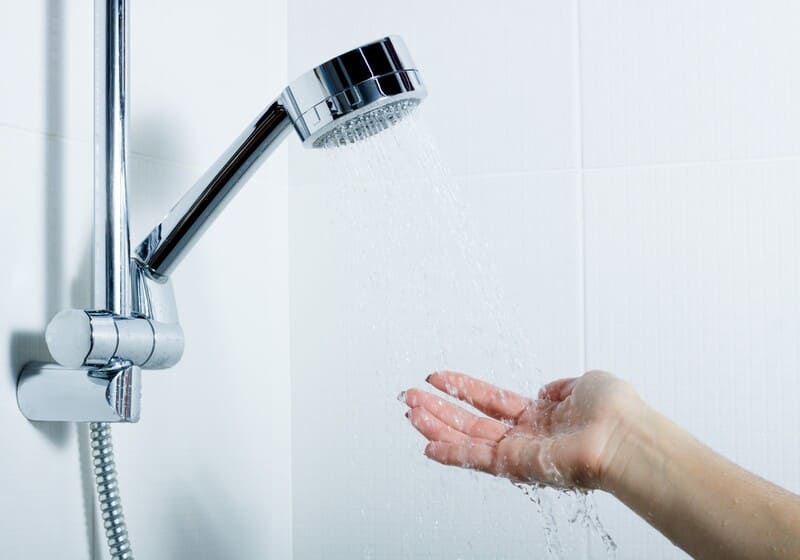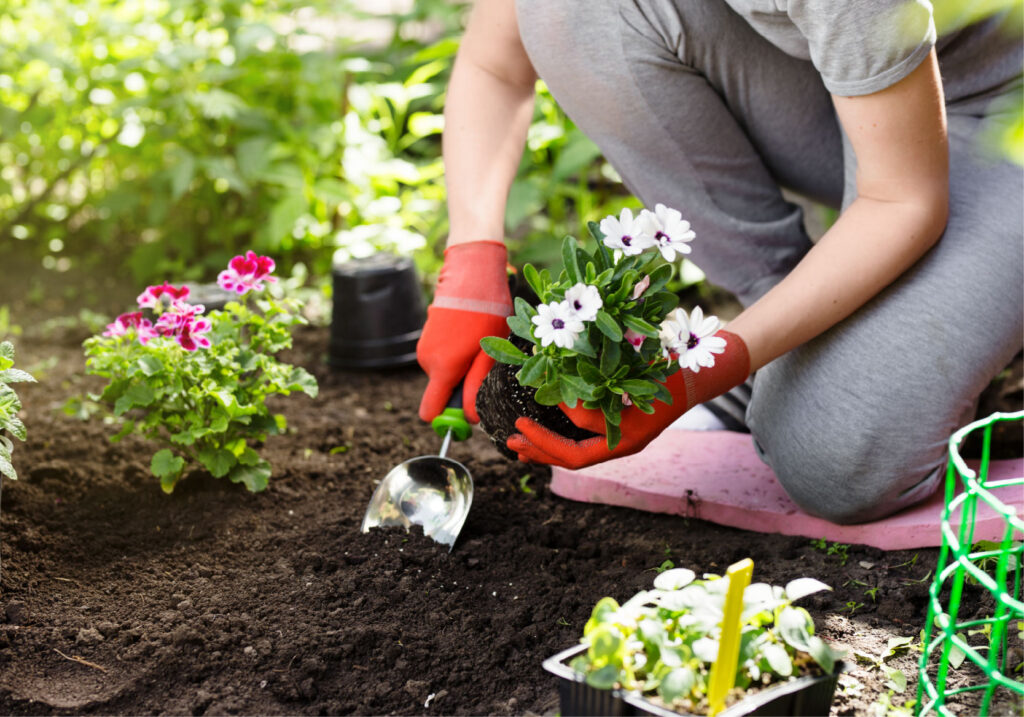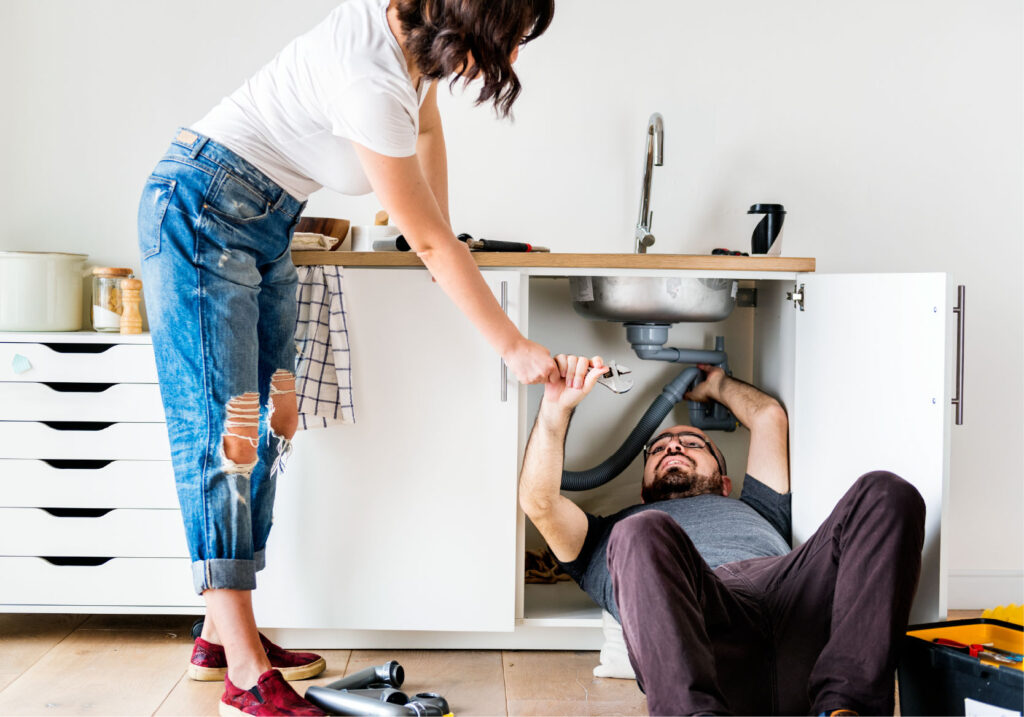Hard water. Soft water. If you’re not sure what the difference is, or what that difference means for your home, you’ve come to the right place. We’ll explain everything you need to know about hard water and how to tell if it’s an issue in your home.
Is Hard Water Safe?
We’re getting this out of the way first thing. Yes, hard water is completely safe to drink, cook with, wash clothes in, and anything else you’d use water for in your home. Hard water is simply tap water that has a higher than ideal content of minerals, namely calcium and magnesium.
While hard water isn’t dangerous in any way, it can be a hassle to deal with. As we’ll see, if your home has hard water, you’ll see the effects every time you cook, clean or bathe.
Sure Signs of Hard Water
It can be hard to tell whether your water is hard—since you can’t determine the mineral content of your water by sight, you have to rely on the signs hard water leaves behind. Here are some of the ways to tell:
What to Do About Hard Water
The simple answer is investing in a water-softening system. Water softeners treat your hard water with certain types of salt through a process called ion exchange. This process swaps the calcium and magnesium in hard water with another element, usually sodium, so you can avoid all the downsides of hard water listed above. Water softening systems can cost anywhere from $400 for a bare-bones model to $3,000 for a metered or timed system.
A couple other things to keep in mind:
Call National Property Inspections Today
For answers on the condition of your home’s major systems, call your local National Property Inspections team. Our inspectors can help you buy or sell with confidence by assessing your home and providing a full report.



